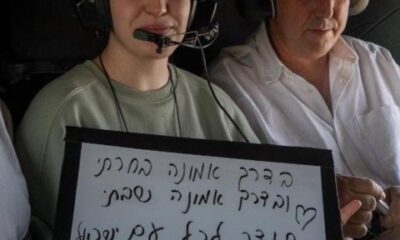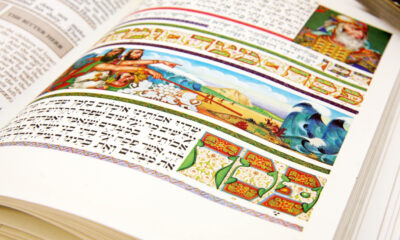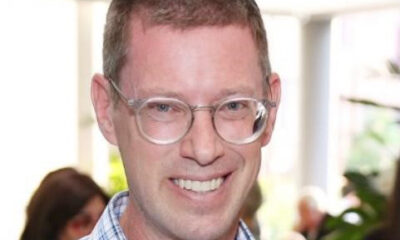
Religion

Pesach, politics, and palpitations
The story of Pesach has been the inspiration for freedom movements around the world, from nuns in El Salvador and Nelson Mandela to the American civil rights campaigners and Rastafarian-infused reggae. The call to speak truth to power, to free the oppressed and “Let my people go” has resonated through the centuries with those who were impoverished, enslaved, or downtrodden.
The journey from slavery to freedom, the crossing of the parted Yam Suf (Sea of Reeds or Red Sea), and the receiving of the ten commandments on Mount Sinai are all powerful symbols of liberation and hope.
So, it is with horror that we see the rise the world over of new Pharaohs – populist leaders, claiming increasing power and control for themselves on the basis that they, and only they, will protect their countries from the threat of the – here you insert the word of choice – immigrants, Jews, Arabs, foreigners, the named or unnamed “other” that is most feared.
Now, as the world becomes an increasingly divided and hostile place to be, can the wisdom of our ancient story guide us through the rocky terrain ahead? I’m sure that it can.
Let’s begin with Pharaoh himself, or more specifically with his heart. I’m not talking about his blood pressure or iron levels, I’m talking about the hardening of his heart. Throughout the story of the ten plagues, we’re told that Pharaoh hardens his heart, leaving him unmoved by Moses and Aaron’s repeated requests or even the suffering of his own people, unwilling and unable to release the slaves under his domination.
This hardened heart becomes a symbol of a person’s inability to listen empathically, to be open to negotiation, or even to acknowledge pain. In our most intimate and precious relationships, having a hardened heart is a recipe for disaster, the opposite of the person that we would most want to be. Pharaoh’s hardened heart not only doesn’t allow the words of Moses and Aaron to penetrate, but becomes symbolic of his refusal to recognise G-d. Eventually G-d hardens Pharaoh’s heart, leaving him no option to free the Israelites even if he would have chosen to do that.
The Chassidic master, the Sefat Emet, taught that “the human heart is the tablet upon which G-d writes”. The Psalmist calls out to G-d to “create a pure heart in me” (Psalms 51:12). Our ability to open our heart is our ability to connect to the divine spirit, to feel the will of the eternal move us.
Rabbi Shefa Gold tells the story about some jealous angels who are asked to hide the spark of the divine in the world.
“Let’s put it atop the highest mountain,” offers one.
“No,” says another, “The human is very ambitious; he will find it there.”
“Well then, let’s bury it beneath the deepest sea.”
“That won’t work either,” another chimes in. “The human is very resourceful. She will even find it there.”
After a moment’s thought, the wisest angel says, “I know. Put it inside the human heart. They will never look there.”
When did you last look into your heart?
I cannot alter the heart of world leaders. I cannot play the role that Moses or Aaron played in speaking to Pharaoh. But I can be sovereign over my own heart. And as we prepare for Pesach, we can add to our cleaning the cleaning of our heart space, the opening of ourselves to see the person opposite and near us, the calling of their heart as we open ours.
Chag sameach!
- Rabbi Greg Alexander is a part of the rabbinic team at the Cape Town Progressive Jewish Congregation.










